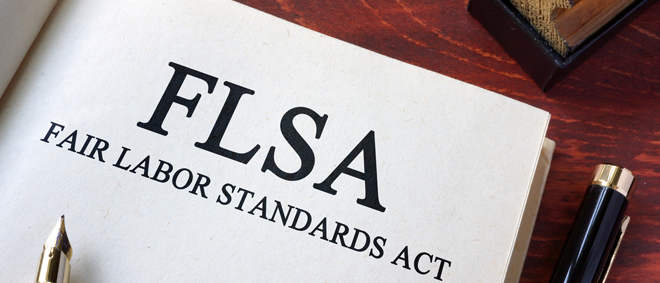On January 10, 2024, the U.S. Department of Labor (“DOL”) published its final rule that revises its guidance regarding the standard for assessing whether a worker is an employee or independent contractor under the Fair Labor Standards Act (“FLSA”). The final rule rescinds the DOL’s previous final rule that was published at the end of President Trump’s term of office in January 2021. As we previously reported in the wake of the issuance of the Department of Labor’s October 13, 2022 proposed rule, the final rule returns to a totality-of-the-circumstances analysis akin to the “Economic Reality Test.” This new final rule ultimately has the effect of making it more difficult to classify workers as independent contractors. The new final rule goes into effect on March 11, 2024.Continue Reading The Department of Labor Issues New Final Rule for Independent Contractor Classification






